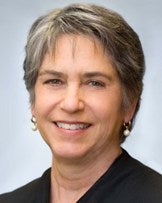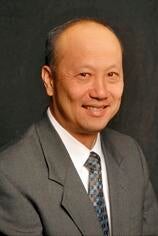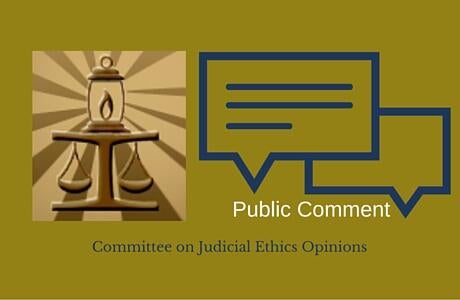Supreme Court Ethics Committee Advises Judges Against Service on the Board of a Charter School
SAN FRANCISCO—The California Supreme Court Committee on Judicial Ethics Opinions (CJEO) has adopted a formal advisory opinion advising judges against serving on a charter school board.
In CJEO Formal Opinion 2017-011, the committee examines the nature of charter schools and evaluates whether service on a charter school board is permissible activity pursuant to canon 4C(3)(b) of the California Code of Judicial Ethics, which allows a judge to serve as an officer of an educational organization not conducted for profit, or whether service on a charter school board constitutes a governmental position that is prohibited by canon 4C(2). The committee also evaluates the risk of automatic resignation from judicial office if a charter school board position is found to be a public office pursuant to article VI, section 17 of the California Constitution.
 Justice Maria Rivera, CJEO Committee Member
"Many judges would like to serve on the boards of their local charter schools as one way to give back to their communities. But the canons allow a judge to hold a position with a governmental agency only if it is “devoted to the improvement of the law, the legal system, or the administration of justice.” Additionally, the Constitution prohibits a judge from holding “public office” during his or her judicial term and if the judge accepts a public office it is considered a resignation from the judicial position. Because the law is unsettled as to whether a charter school is a governmental agency, and whether a charter school board position is a public office, the committee is advising against service on a charter school board." |
The committee's advice is based on the unsettled case law regarding whether service on a charter school board is a governmental position prohibited by canon 4C(2) or considered a public office that would result in automatic resignation from judicial office pursuant to article VI, section 17 of the California Constitution.
Public comment was previously sought on this advisory opinion in draft form, and the comments submitted with a waiver of confidentiality are posted for public view on the CJEO website. CJEO Formal Opinion 2017-011 contains modifications adopted by the committee after carefully considering the comments received.
CJEO is an independent committee appointed by the Supreme Court to help inform the judiciary and the public concerning judicial ethics topics. CJEO was established as part of the court’s constitutional responsibility to guide the conduct of judges and judicial candidates (Cal. Const., art. VI, § 18, subd. (m)). In making appointments to serve on CJEO, the court selects members of the bench with a strong background in judicial ethics and diverse courtroom experience. The current twelve CJEO members are justices, judges, a commissioner, and a retired bench officer who have served in courts of various sizes throughout the state.
The committee publishes formal opinions, issues confidential informal opinions, and provides oral advice on proper judicial conduct pursuant to the California Code of Judicial Ethics and other authorities (Cal. Rules of Court, rule 9.80(e)(1)). CJEO acts independently of the Supreme Court, the Commission on Judicial Performance, the Judicial Council, and all other entities (rule 9.80(b)).




